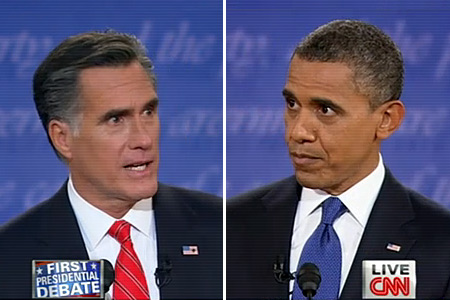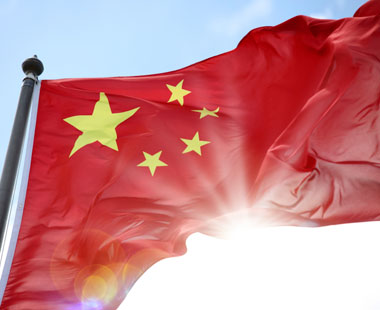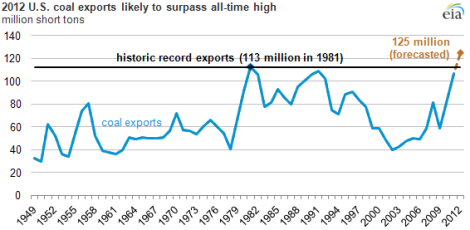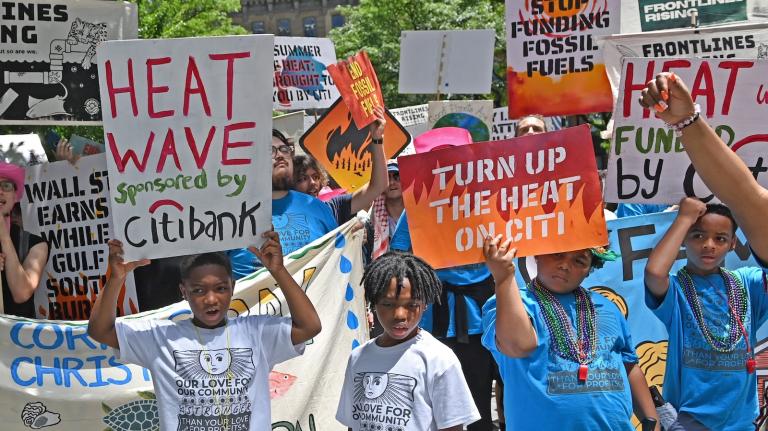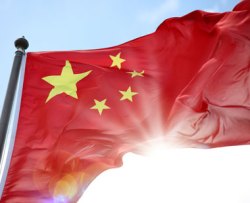
In Yinggehai, China, 1,000 people resumed a series of protests last week aimed at halting construction of a nearby coal plant.
From The Guardian:
People protesting against the building of a coal-fired power plant in a southern Chinese town threw bricks at police who fired volleys of teargas and detained dozens in the country’s latest environmental dispute, residents say. …
In Yinggehai, a round of protests took place in April when the plant project was first announced. Authorities then moved the project to another Hainan town, but it drew strong opposition there and officials returned to their original plan …
A Hong Kong-based rights group, the Information Centre for Human Rights and Democracy, said 50 people had been arrested and almost 100 injured in the protests over the 3.9bn renminbi [$624 million] plant.
As its economy has expanded, China has needed to rapidly expand energy production. Coal has consistently been the cheapest way to do so. As we reported last week, the best source of cheap coal is the United States — and we’re on track to set a new record for the amount of coal we export.
Reliance on dirty-burning coal is not always a popular prospect for Chinese citizens like those in Yinggehai, who are making themselves heard at a politically sensitive moment.
Three decades of rapid economic expansion in China have come at an environmental price, and residents have become increasingly outspoken about pollution in their backyards. In July, a southern town in Sichuan province scrapped plans for a copper plant after thousands clashed with police, and another community in eastern Jiangsu province dropped plans for a waste water plant after similar demonstrations.
The protests are especially sensitive because they come ahead of next month’s change in China’s leadership, who will have to balance a push for economic growth with maintaining public stability.
Earlier this year, a blanket of smog over the city of Wuhan provided a stark example of how poor the country’s air quality can get. Incidents like that in Wuhan (while not blamed on coal consumption) help illustrate why those in Yinggehai are protesting: The link between coal and air pollution is immediate. Given the chance to break that link, people will try to do so.
At least in China.
